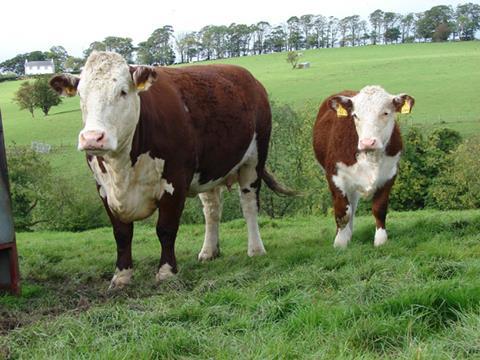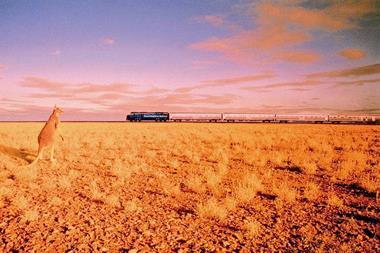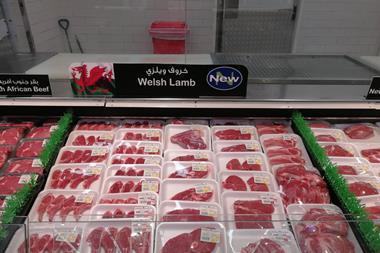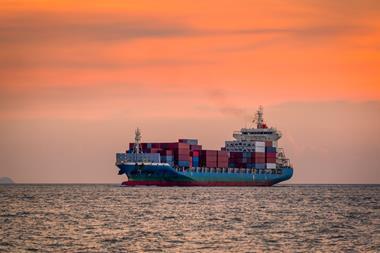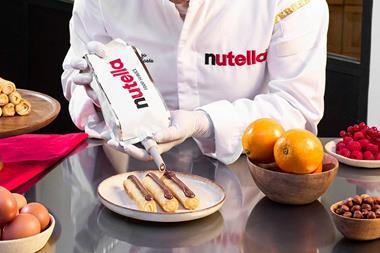British farmers should focus on pasture-based livestock rearing and reduce dependence on imports, according to a new analysis of how the country could better secure its food supplies.
The report, published today by the Sustainable Food Trust, said Brits would end up eating “much less chicken and pork” but more beef and lamb, as well as “much more fruit and vegetables”, if its recommendations that chemical inputs and animal feeds such as imported soya be ditched.
The Trust advocated there be “no use of imported protein feeds for livestock, and a major reduction in the use of cereals for feed”, recommending instead that food waste, crop waste and by-products be used to feed herds if pasture was not suitable.
The study was launched after the government’s food strategy was unveiled earlier this week. According to Trust CEO Patrick Holden, the official plan amounted to a mix of “half measures and future promises” that spurned “a huge opportunity” to not only “transform the way we grow and eat food” but also cut “reliance on volatile food imports and Russian fertiliser”.
The Trust’s report outlined how the UK could dilute its reliance on foreign sourcing, which provides almost half the food consumed in the country – though it was a shift the Trust conceded would mean “huge implications for consumers”.
While “some food imports to the UK would still be necessary to meet the requirements of a healthy diet”, shoppers would have to accept the cheap chicken, dairy and pork of recent years becoming a thing of the past, it said.
The impact would be to cut productivity in three sectors that have been especially hard-hit by rising input costs and disease over the past year - with domestic egg supply to fall by almost half, and chicken and pork winnowed down to around a quarter of their current levels - if the Trust’s blueprint was to be followed.
Dairy and potato production would also fall by 25% and 20% respectively, but there would be a doubling of beans and pulses output and of domestic production of fruit, only 15% of which is homegrown as it stands.
Henry Dimbleby claims industry used cost of living crisis to torpedo National Food Strategy
But, the Trust said domestic beef and lamb supplies would surge with the switch to grass-only feeding, while homegrown vegetable output would also increase if farmers and growers adopted a more “regenerative” approach, with the millennia-old systems of crop rotation and mixed farming central to the sought-after transformation.
While Britain would grow more oats and rye, overall cereal production would be halved, the Trust said, if its recommendations that chemical fertilisers be eradicated and livestock be mostly grass-fed were to be adopted.
Prices of inputs such as fertiliser have soared since the outbreak of covid two years ago, while the war between grains giants Russia and Ukraine has led to supply concerns and price rises for cereals for food and animal feed.
Holden said “the current cost of living crisis and rising worldwide hunger and food shortage, supercharged by the war in Ukraine” meant the UK faced “a choice in how to ensure national food security while also addressing the urgent issues of climate change, nature loss and human health”.
The Trust’s report came after a study released last week by the Food and Drink Federation recommended a further easing of restrictions and checks on imports, which it said were central to food supply.
The Trust said while “international food trade would, of course, remain important in the future”, such commerce “should be restricted to products grown to high environmental standards in order to prevent UK farmers being undermined by cheaper imports, often produced to lower standards”.







